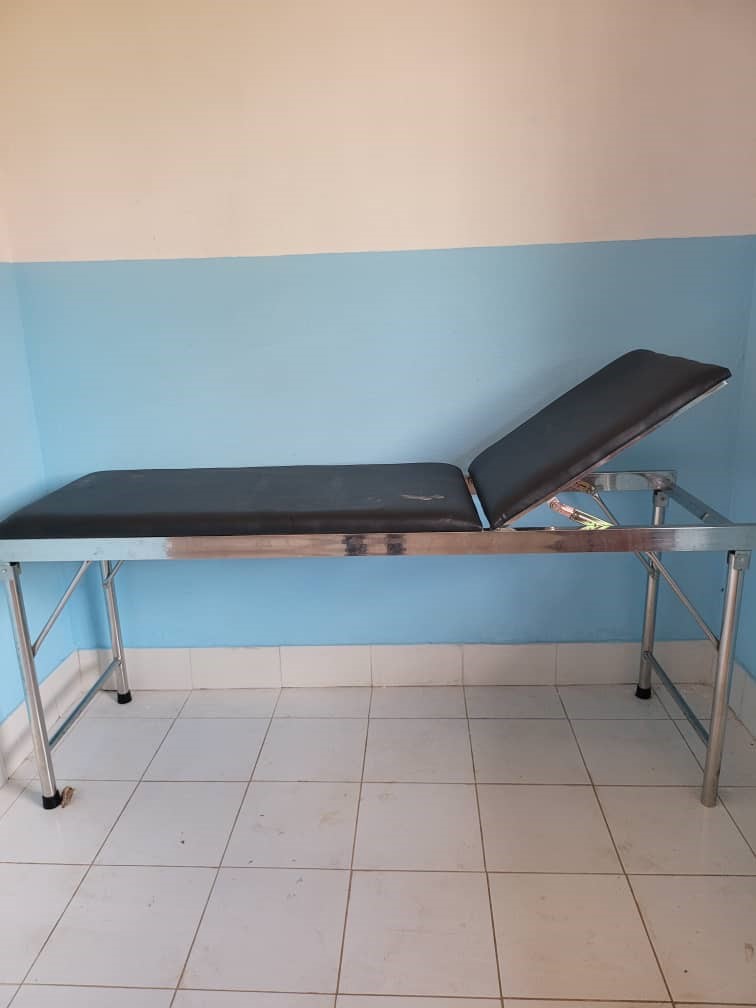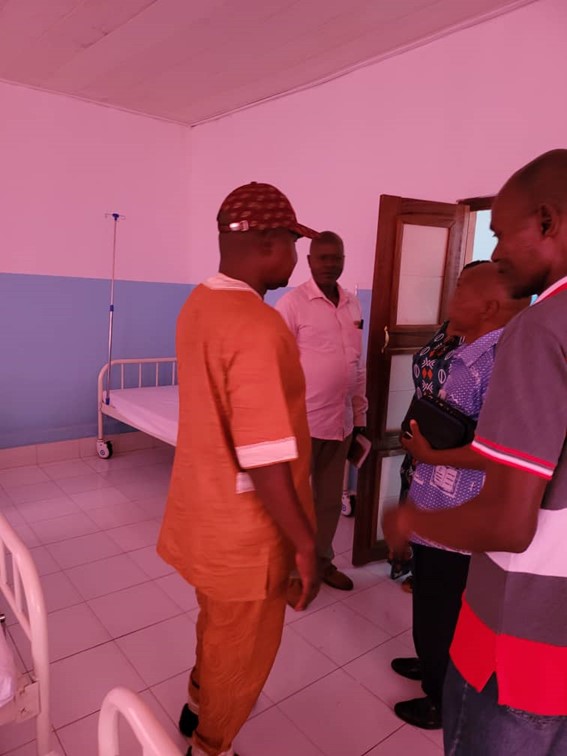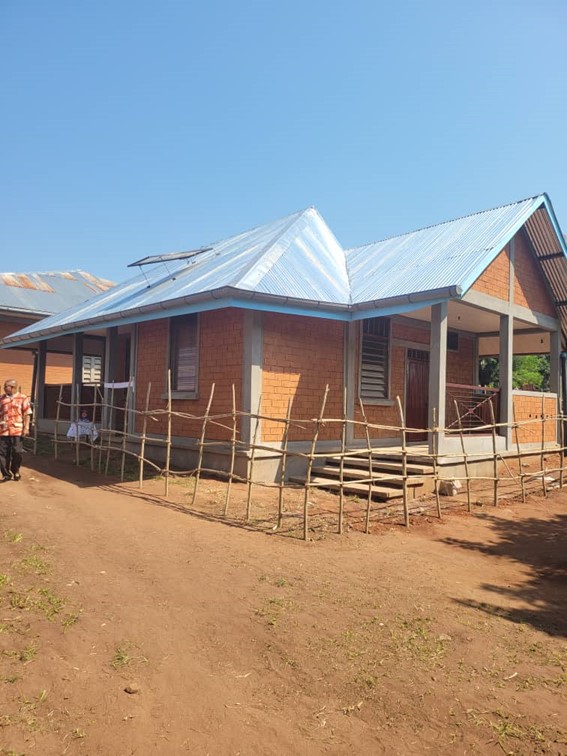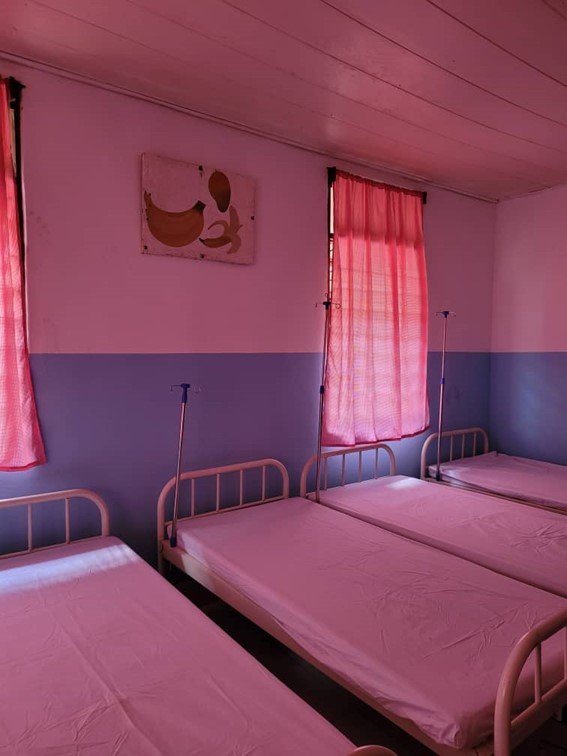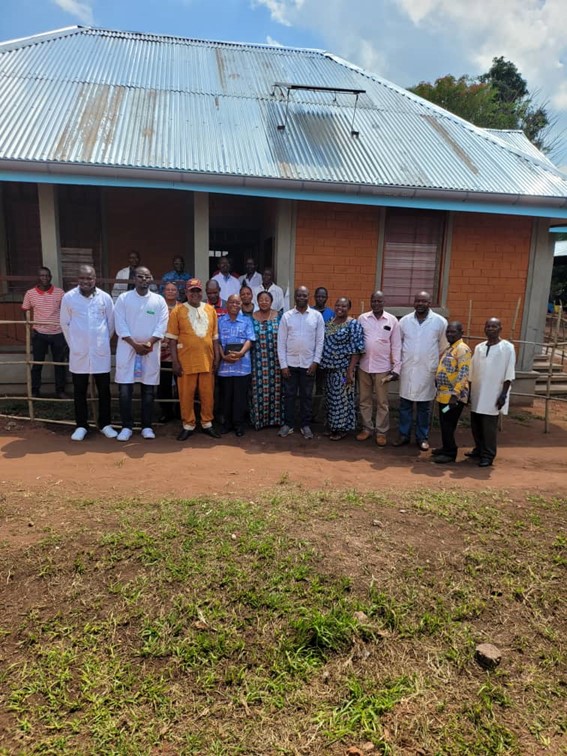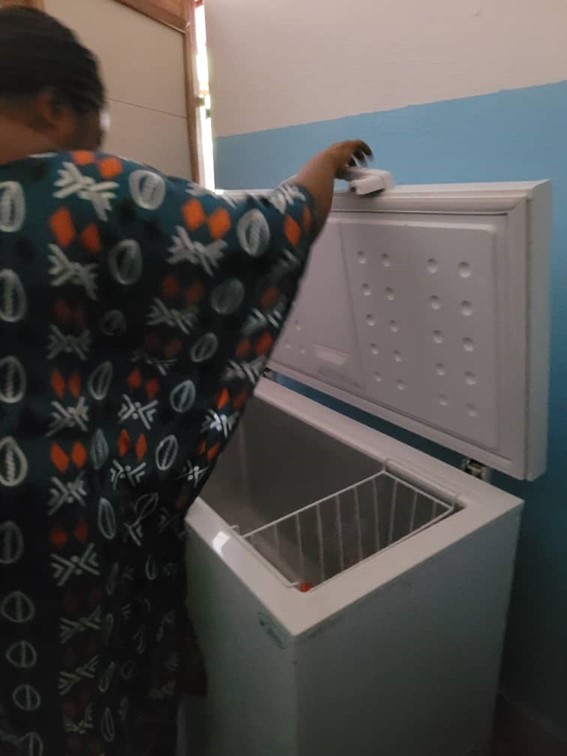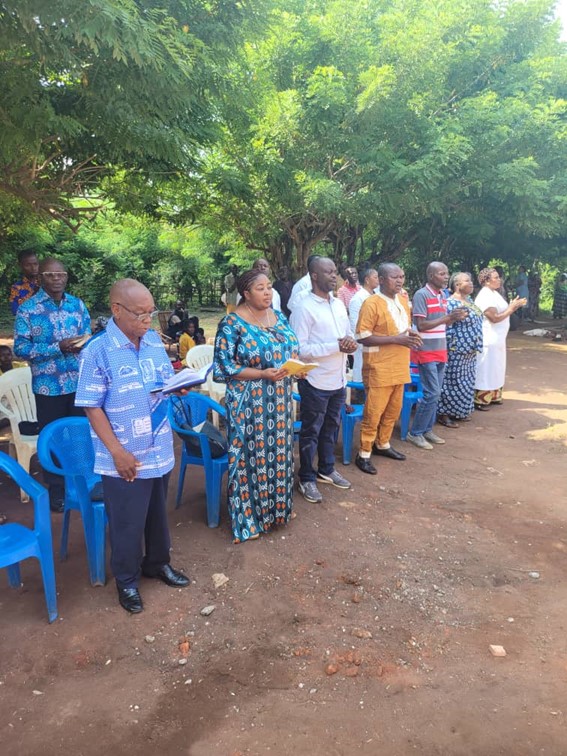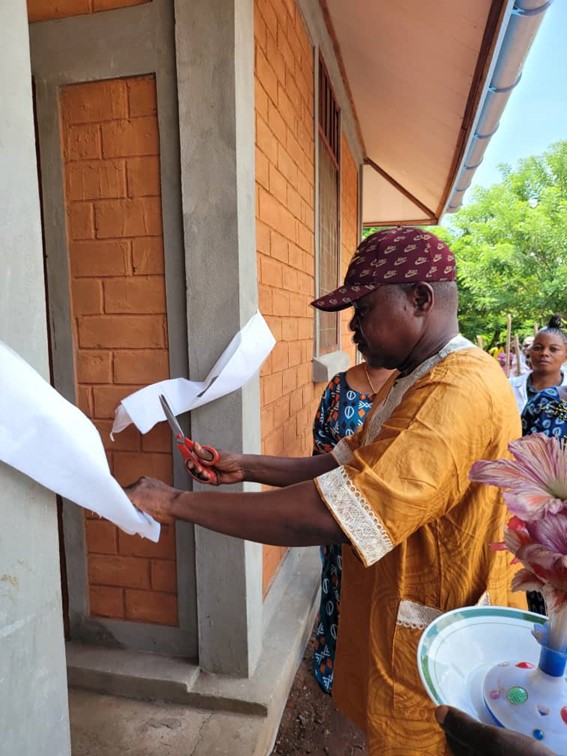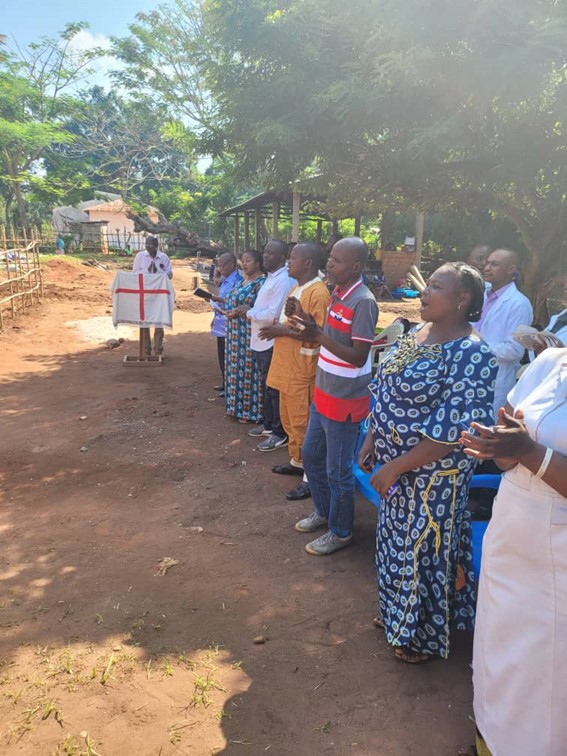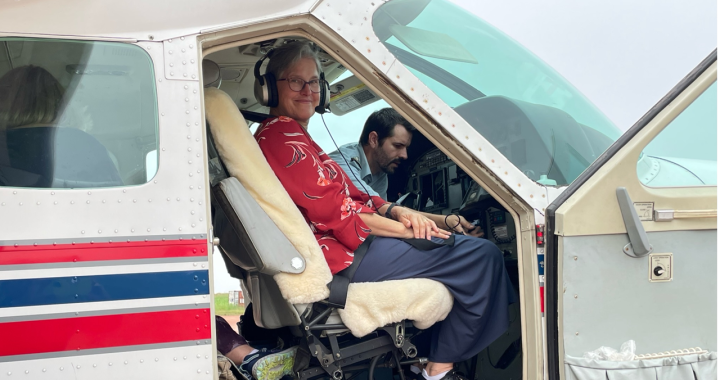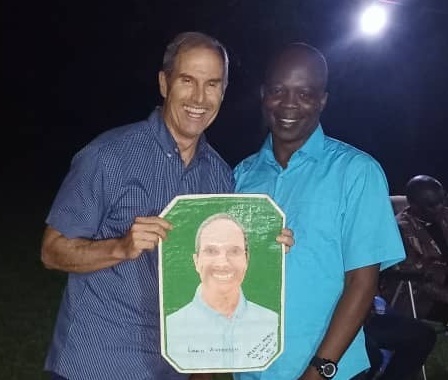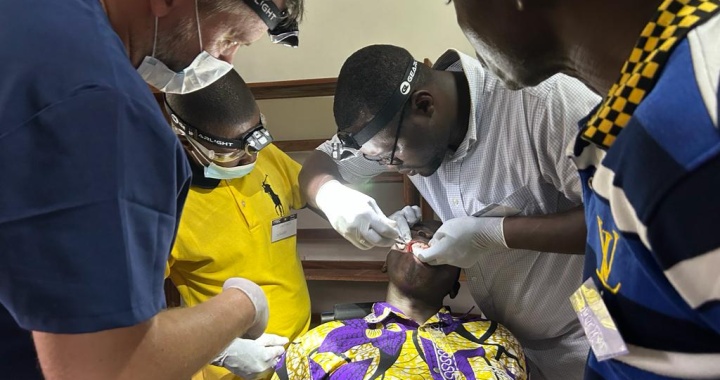In countries like the Democratic Republic of Congo (DRC), major causes of child mortality are birth asphyxia (death within minutes of delivery), prematurity, respiratory diseases, diarrhea, malaria, and malnutrition. Malnutrition is both a primary and a secondary cause of death, given that it complicates the cases of children who are admitted to the hospital for other diagnoses. Within the Covenant Church of Congo (CEUM) healthcare system, there were 3,951 children between 6 months and 5 years who were diagnosed with severe acute malnutrition (SAM) in 2020. According to the World Health Organization (WHO), severe acute malnutrition is defined by a very low weight for height (below -3 z scores of the median WHO growth standards), by visible severe wasting, or by the presence of nutritional edema. In children aged 6–59 months, an arm circumference less than 115 mm is also indicative of severe acute malnutrition.
Most cases of SAM are managed in the outpatient setting. However, 15% of the SAM population presents with complicating features, such as vomiting, diarrhea, or severe edema (swelling) that requires an inpatient stabilization center. In 2020, 592 children with complicated SAM were seen by the CEUM’s heathcare system. At Karawa Hospital, the mortality rate for children with complicated SAM was 18%, which is well above the world average mortality rate of 5% for this population.
Our Congolese medical partners have considerable training and experience with the management of SAM, but they do not have the resources to treat this very fragile population of children. The treatment of SAM children requires accurate scales, temporary feeding tubes, and specialized rehydration solutions and re-feeding formulas. Once these children are stabilized over the course of 2-3 weeks they can be transitioned to specialized porridges and biscuits, which the Congolese make using locally sourced grains and legumes. We recognize that the lack of medical grade re-feeding formulas and other supplies used in the treatment of SAM contributes to excess child mortality in these northwestern provinces of the DRC.
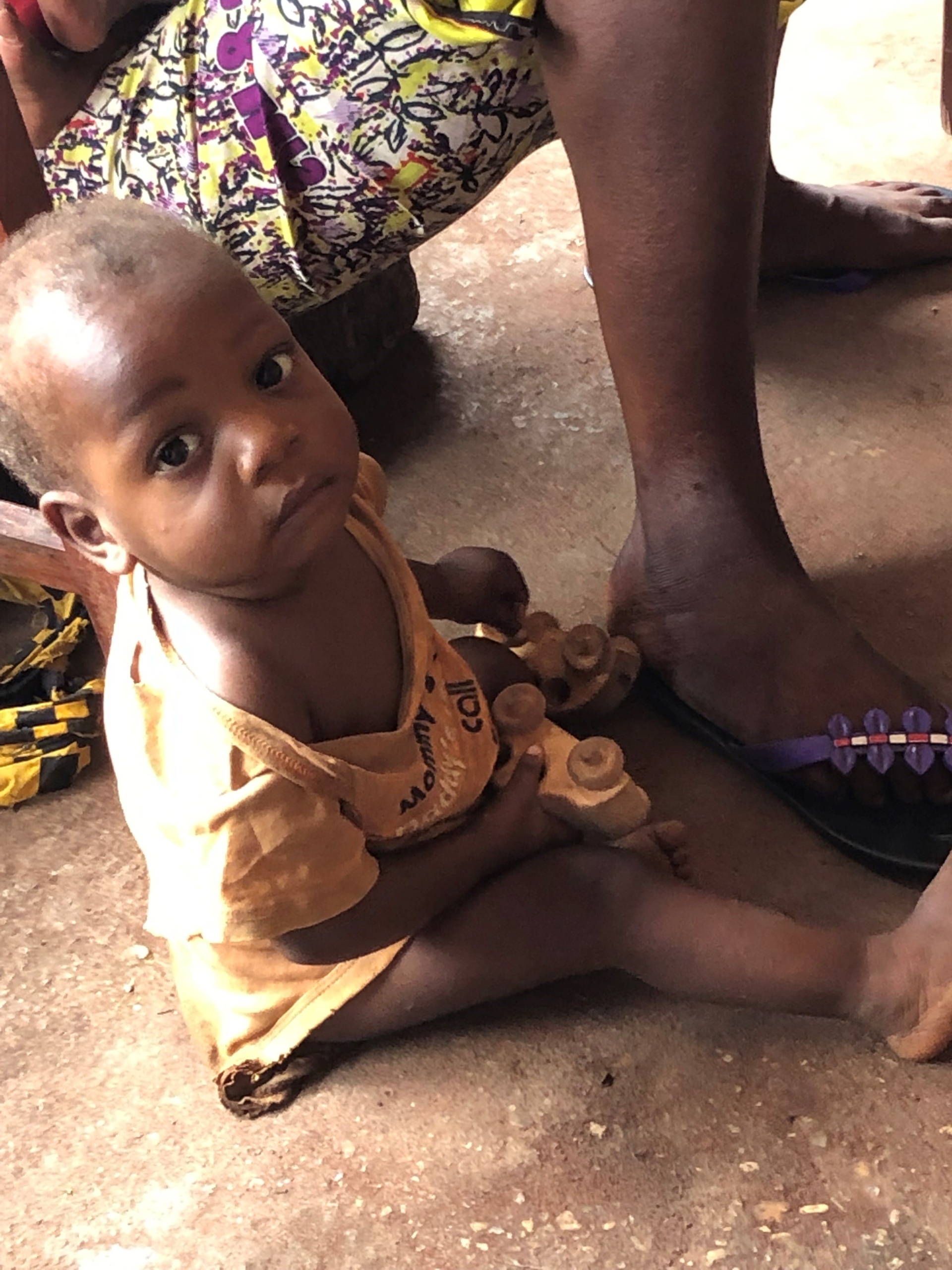
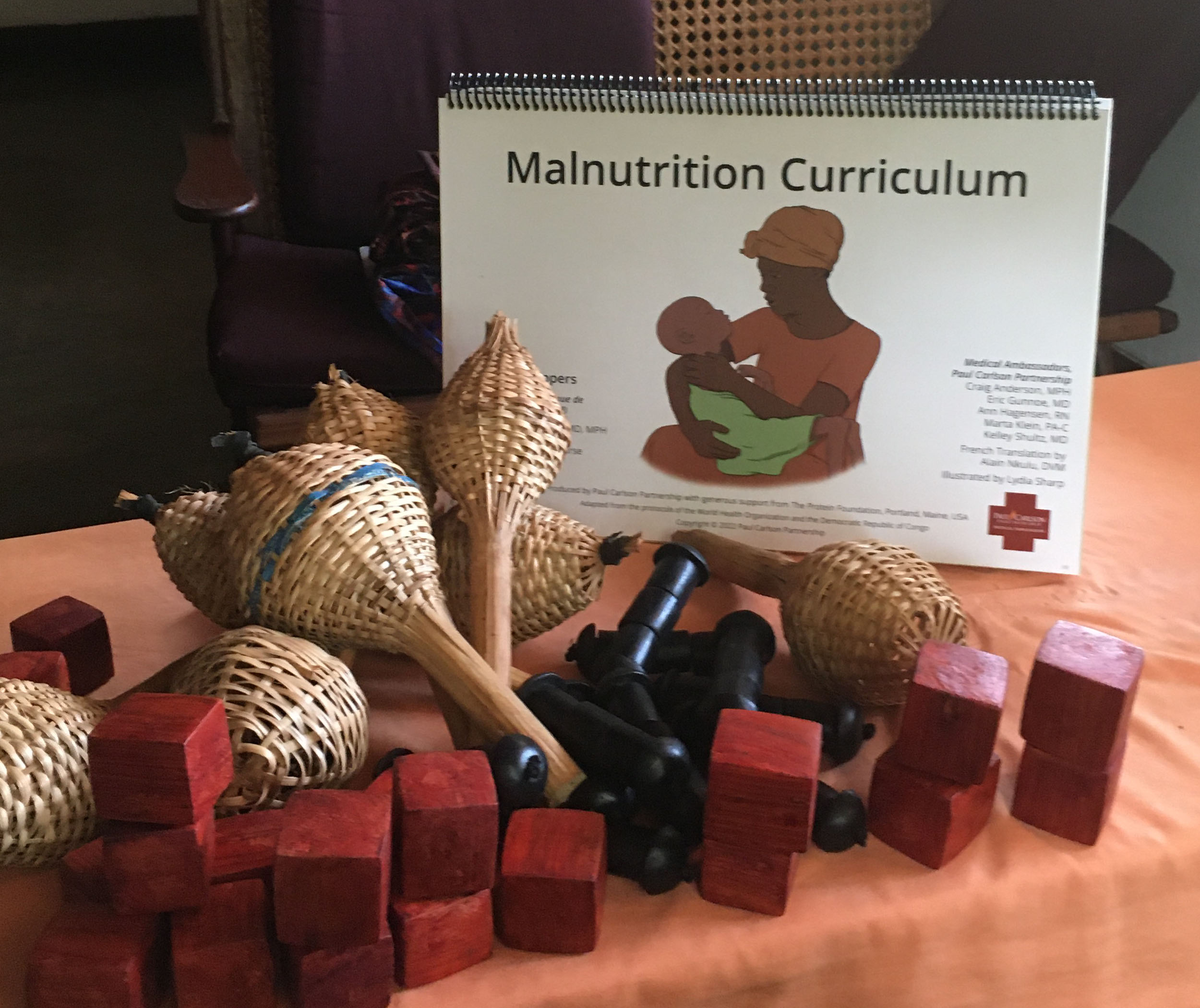
In 2021, the former President of the PCP Medical Ambassadors, Dr. Eric Gunnoe, reached out to The Protein Foundation with a modest grant request to address this dangerous gap in the survival of children in the DRC. In 1981, The Protein Foundation was created by a group of Christian businessmen in Connecticut with a vision for feeding hungry people in Christ’s name, particularly during a time of crisis. Rather than soliciting funds, these men set about acquiring and operating businesses to fund the Foundation. It is through their ownership of privately held businesses that the Foundation has been funded. Since 1987, The Protein Foundation has granted funds to Christian ministries around the country and abroad.
- a separate building next to the Karawa Hospital Pediatric Ward, which will include solar panels and deep-cycle batteries;
- equipment such as a refrigerator, solar/digital scale, measuring board, scale for measuring ingredients, measuring cups and storage containers for milk, a desk, 4 beds, mosquito nets, blood pressure cuffs, stethoscopes, thermometers, 2 glucometers, blankets, and locally made toys (for stimulation);
- salary for project management during the construction of the building and acquisition of the equipment;
- medical illustrator fees for assisting in the development of standardized curriculum and teaching material that are based upon World Health Organization guidelines for the management of complicated SAM.
Our partners began construction in January and progress is coming along quickly!
August 2021 Update
New Malnutrition Center in Karawa Completed
The new Karawa Hospital Malnutrition Stabilization Center is now completed and equipped for service. A team of PCP Medical Ambassadors will travel to DR Congo in September to help train the staff on specifics of care and treatment for these fragile children. This is a new course created by the Medical Ambassadors, adapted from international materials for clear, concise understanding of the issues surrounding care for severe childhood malnutrition. After in-patient care, the goal for these children is to return to their homes in 1-2 weeks to continue their recovery process with their family and local village healthcare worker. Please pray that the new training program will result in changed lives for many children and families for years to come.
2023 Update
Together with our partners, our goal is to reduce the childhood mortality rate from 18% to 10% within the first year, and down to 5% by the second year. The cost to operate the Malnutrition Stabilization Center in Karawa for one year is $27,000, which supports:
- operating the Malnutrition Stabilization Center in Karawa,
- the purchase of needed medical supplies, nutritional foods, special formulas and solutions,
- educating families about nutritional foods, and
- costs associated with training more nurses using the new Malnutrition Curriculum.
We invite you to join our partners in Congo who are treating severe acute malnutrition in children through the following ways:
Give online.
Host a PCP Sunday at your church.
Ride your bike and fundraise during the Biking for Congo Challenge in October.
Become a PCP Medical Ambassador.
Get creative and host a craft sale, luncheon, or special offering.
To learn more about these ways to engage, contact us at pcpinfo@paulcarlson.org or call 773-907-3302.
